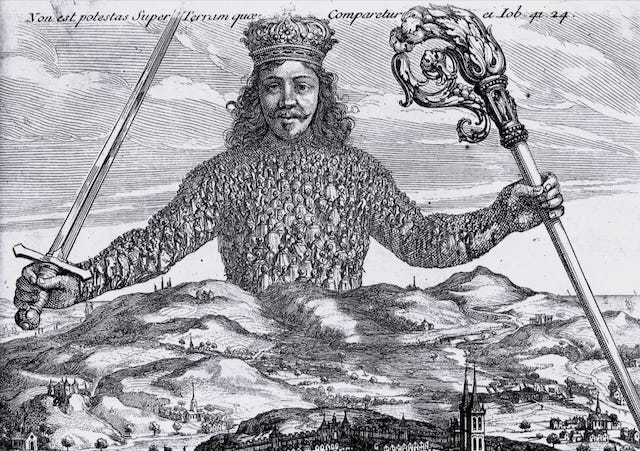Abraham Bosse, Engraving for Leviathan, 1651 (Detail), Public Domain
I was a (admittedly morally lax) vegetarian in my late teens and early 20s. I eventually had to give it up for health reasons, and have subsequently constantly been tempted to go back, but never have. I've avoided returning for all the familiar reasons including c…




